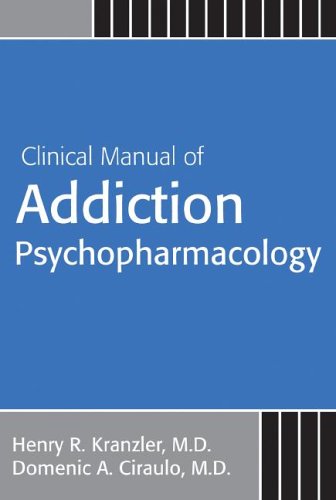

Most ebook files are in PDF format, so you can easily read them using various software such as Foxit Reader or directly on the Google Chrome browser.
Some ebook files are released by publishers in other formats such as .awz, .mobi, .epub, .fb2, etc. You may need to install specific software to read these formats on mobile/PC, such as Calibre.
Please read the tutorial at this link: https://ebookbell.com/faq
We offer FREE conversion to the popular formats you request; however, this may take some time. Therefore, right after payment, please email us, and we will try to provide the service as quickly as possible.
For some exceptional file formats or broken links (if any), please refrain from opening any disputes. Instead, email us first, and we will try to assist within a maximum of 6 hours.
EbookBell Team

4.4
92 reviewsWritten with a therapeutic focus as a clinical guide for the use of pharmacotherapy in patients with substance use disorders, the Clinical Manual of Addiction Psychopharmacology offers
Each chapter covers three primary aspects of a major drug group: an overview of the clinical pharmacology of the abused substance, phenomenology or pharmacological treatment or both of the abstinence syndrome, and pharmacological treatment for relapse prevention.
For disorders in which no clear pharmacotherapy has proven effective (e.g., cocaine dependence), or for disorders in which no clear abstinence syndrome has been established (e.g., marijuana dependence), authors review the bas